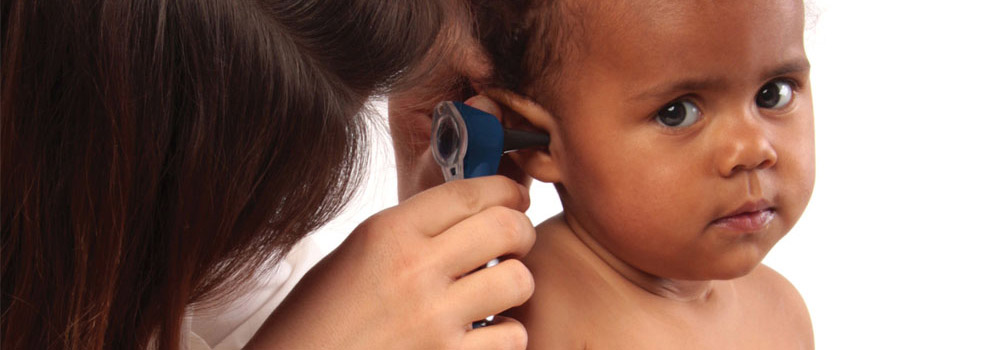Ear infections, which can result in earache, are common in babies and toddlers. They often follow a cold and can sometimes cause a temperature. A child may pull at their ear, but babies often cannot tell where their pain is coming from, so they just cry and seem generally uncomfortable.
Babies have some natural protection against infections in the first few weeks - this is boosted by breastfeeding. In babies and toddlers, bacteria pass from the nose to the ears more easily. Ear infections can be painful and your child may just need extra cuddles and painkillers (such as sugar-free paracetamol or ibuprofen) from the pharmacist. Your child may have swollen glands in their neck - this is the body’s way of fighting infection.
Tonsillitis - Earache can also be caused by tonsillitis (inflammation of the tonsils). It is a common type of infection in children. Symptoms include a sore throat, earache, coughing and a high temperature.
It is not a serious illness and you only need to see your GP if symptoms last longer than four days or become more serious with severe pain, a very high temperature or breathing difficulties.


